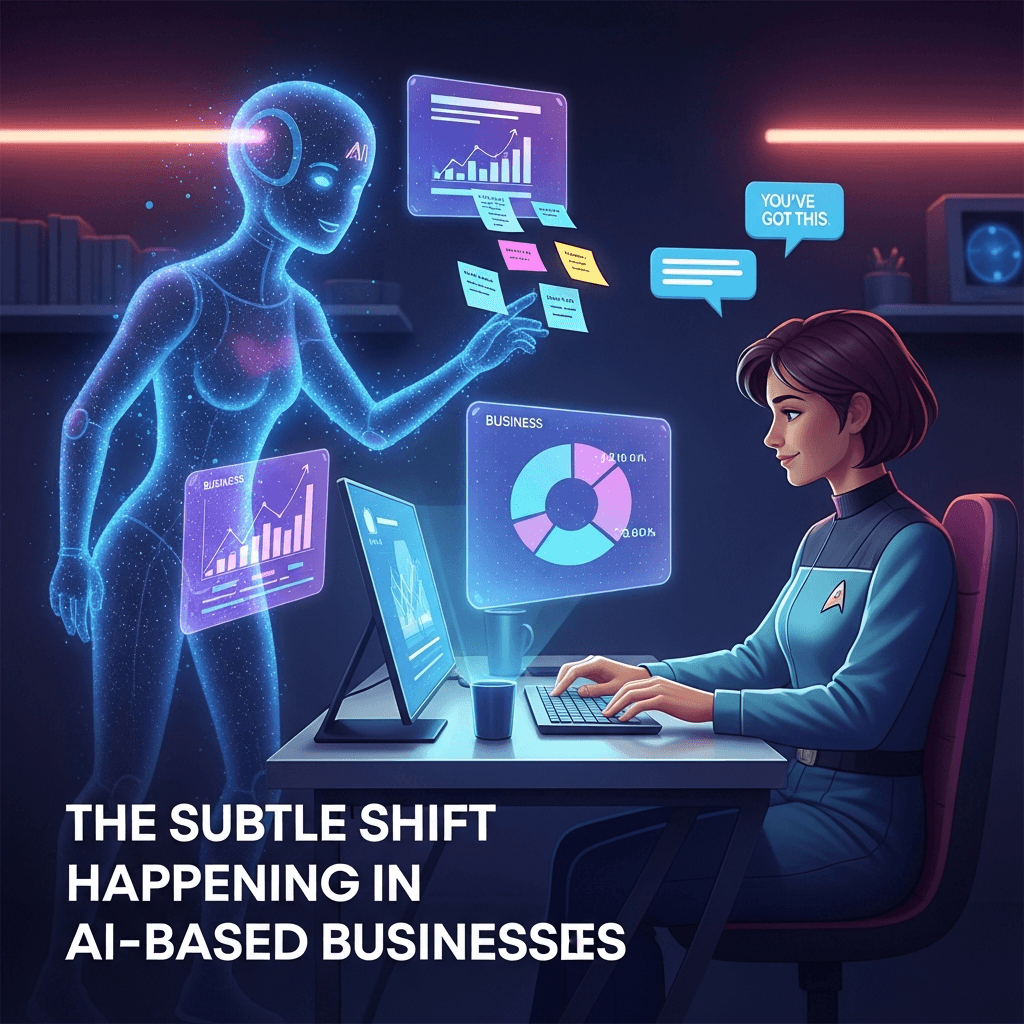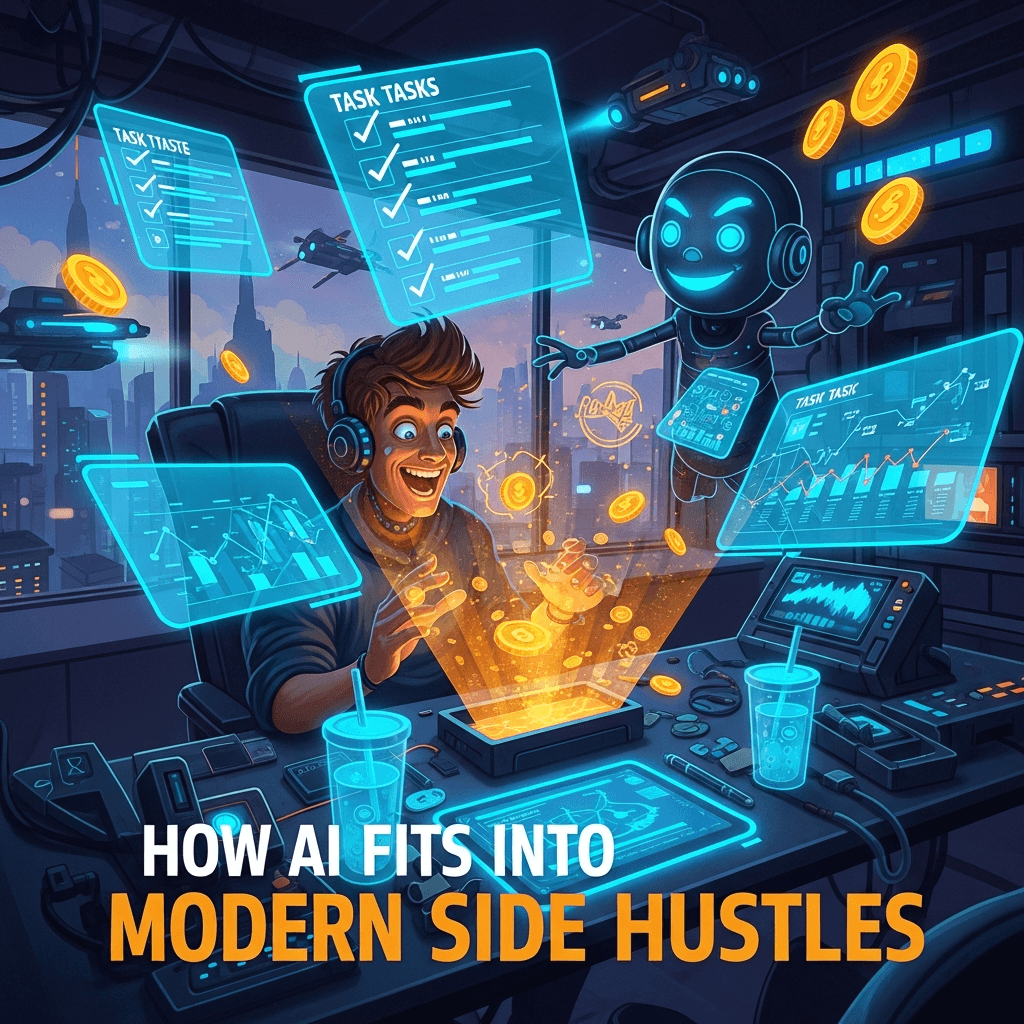Nvidia has dominated AI hardware for years, but AMD is making a serious push into the AI GPU market. With OpenAI’s recent partnership, the battle for AI supremacy is heating up. In this article, we explore who might lead the future of AI processing, the hidden strategies at play, and why this rivalry matters to the entire tech ecosystem.
Nvidia vs AMD: Who Will Power the AI Future?
For years, Nvidia has been synonymous with AI hardware. Its GPUs and CUDA ecosystem power the majority of AI models in research labs, cloud platforms, and enterprise AI deployments. But a new challenger has emerged: AMD. With OpenAI’s recent six-gigawatt deployment of AMD GPUs, the AI hardware battlefield is becoming more competitive than ever.
Nvidia: The Current Leader
Nvidia’s dominance is built on several key strengths:
- Performance: Optimized GPUs for AI workloads
- Ecosystem: CUDA software enables seamless AI model development
- Adoption: Widely used in research labs, cloud providers, and AI startups
This combination has made Nvidia the default choice for AI infrastructure and allowed it to maintain a near-monopoly for years.
AMD: The Rising Challenger
AMD’s Instinct MI450 GPUs and open-source ROCm platform provide an increasingly competitive alternative. OpenAI’s partnership demonstrates that AMD can handle large-scale AI workloads, offering:
- Flexibility: Open-source ROCm software allows customized AI pipelines
- Scalability: Capable of massive deployments
- Strategic advantage: Diversification reduces dependency on Nvidia
The Battle for AI Dominance
The Nvidia vs AMD rivalry isn’t just about hardware performance—it’s about shaping the future of AI. A diversified hardware landscape could:
- Encourage innovation as companies compete to offer faster, cheaper, and more efficient GPUs
- Reduce supply risks and costs for AI startups and enterprises
- Allow AI researchers to explore different approaches optimized for multiple platforms
Industry Implications
- For Nvidia: Must innovate continuously to maintain leadership
- For AMD: Opportunity to gain market share and credibility
- For the AI ecosystem: Increased competition may accelerate the pace of AI innovation and adoption
Conclusion
The battle between Nvidia and AMD will determine who powers the AI future. Nvidia’s current lead is strong, but AMD’s rise—highlighted by OpenAI’s partnership—signals a more competitive, diverse, and innovative AI hardware landscape. The future of AI may depend as much on who supplies the GPUs as on the algorithms they run.









